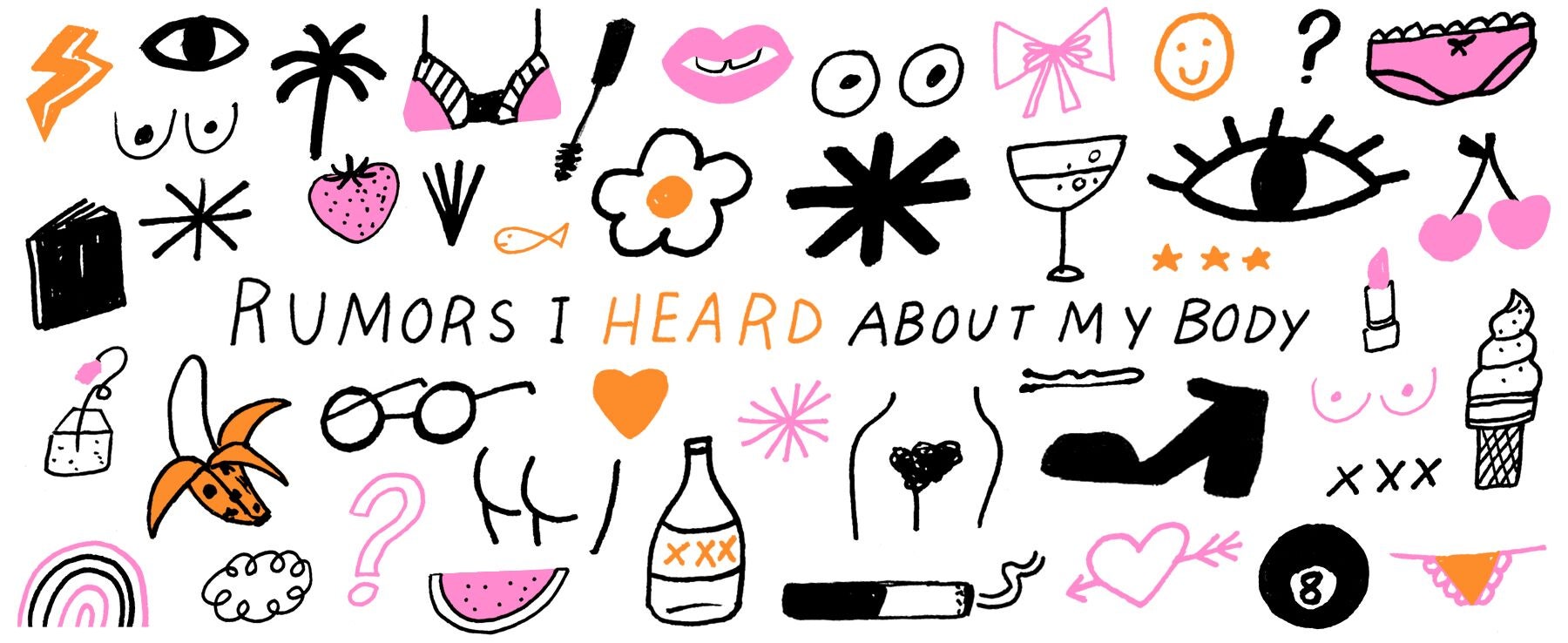_Welcome to Rumors I Heard About My Body, a recurring feature in which we answer questions about women’s health in partnership with Planned Parenthood._
Q: If your breasts are incredibly tender after your period, should that be concerning?
A: Recurring breast pain, like unexpected and unwanted sightings of Donald Trump’s angry orange mug, is unfortunately common. It’s associated with the normal hormonal fluctuations of your menstrual cycle, says Dr. Raegan McDonald-Mosley, the chief medical officer of Planned Parenthood Federation of America. If the breast pain occurs, as our reader’s does, “on a regular monthly basis, it’s usually not something to worry about,” Dr. McDonald-Mosley says. To treat this kind of pain, put a warm compress on your breast, wear supportive bras, and take an anti-inflammatory over-the-counter drug like ibuprofen (Advil) or naproxen (Aleve).
If your pain is non-cyclical, however, then it’s worth looking into with a medical professional. Here are some non-scary causes of unexpected breast pain: too much caffeine, too many cigarettes, or an unexpected hormone surge. If you have large breasts, the pain might be from stretching of the breast ligaments (there’s somethingcalled jogger’s breast, so be sure to keep ’em strapped in if you’re a runner, even if you’re a smaller-breasted lady). Mastitis — a breast-tissue infection that causes pain, swelling, and redness — is also a possibility. Though mastitis is mostly found in breast-feeding women, it’s possible to get it even if you’re not currently nursing a baby. Breast pain can also be a sign of early pregnancy, so if you’re sexually active and have unexplained tenderness, you might want to take a pregnancy test.
Here’s when you rush to the doctor: if you have severe tenderness, signs of an infection, or a lump, a mass, or discharge. Then, there’s a chance it might be cancer, or it may be a condition called hidradenitis suppurativa, which is not life-threatening but is unpleasant and may cause scarring. “It’s like having a big pimple that opens up in the breast or groin area,” Dr. McDonald-Mosley explains. It’s generally cured with antibiotics, so if you’ve got one of these boob-pimples, get it taken care of.
_Jessica Grose is the editor in chief of Lenny._



